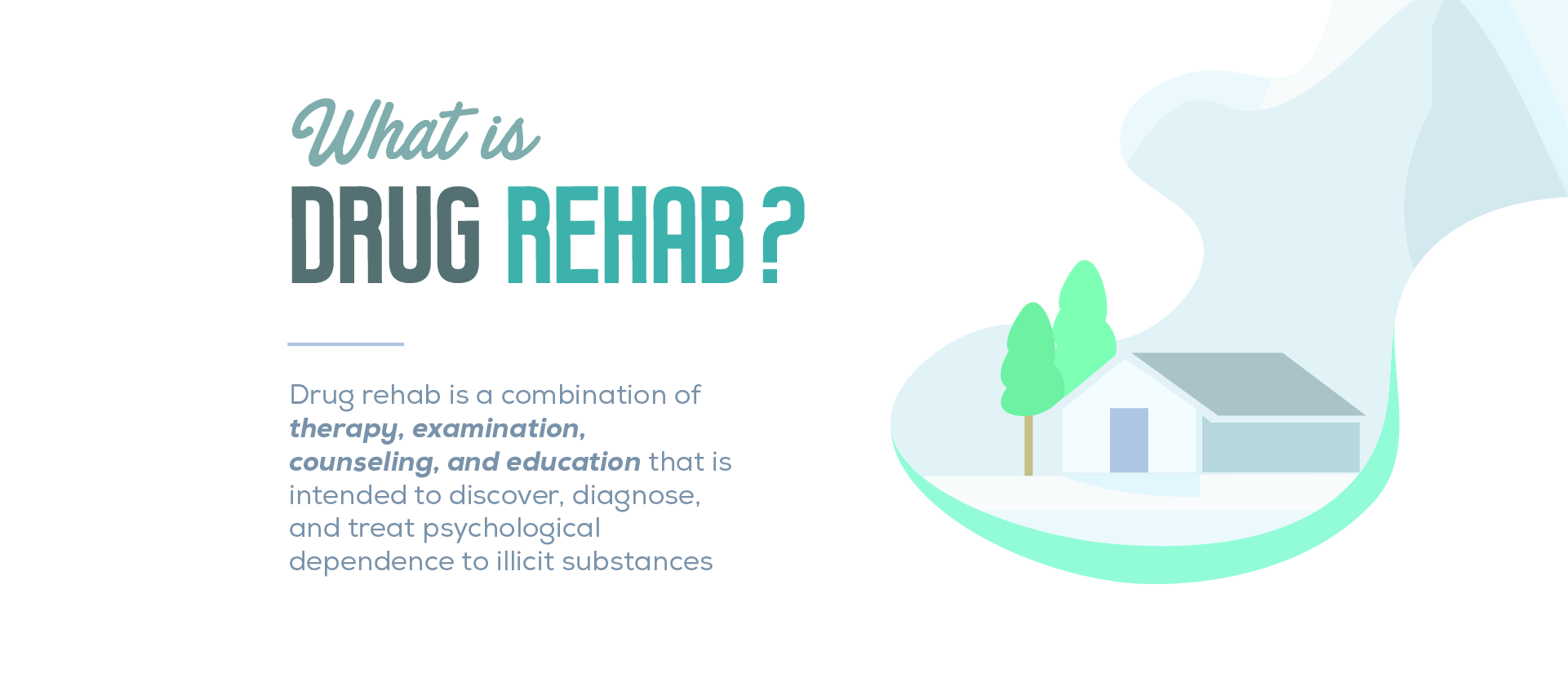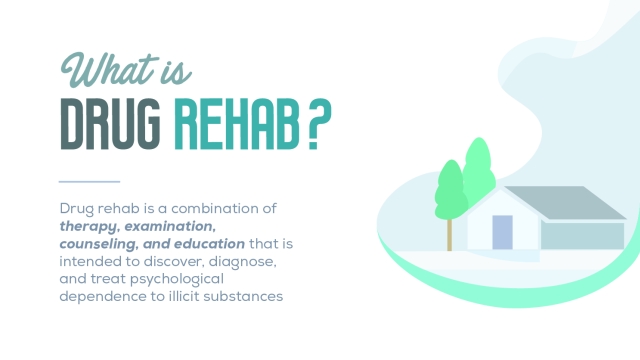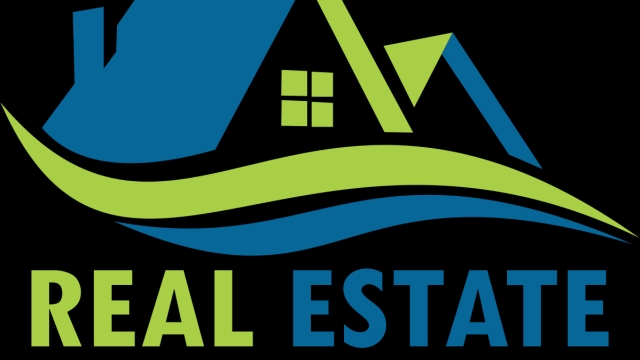Are you or someone you know struggling with drug addiction? Breaking free from the grip of drugs can seem like an impossible path to tread. However, there is hope. In this comprehensive drug rehabilitation guide, we will explore the various avenues available for those seeking recovery. From understanding the root causes of addiction to highlighting the different treatment options, this article aims to shed light on the road to recovery. Whether it’s drugs or alcohol you’re battling, our alcohol rehabilitation guide will provide insights and strategies for reclaiming a life of health and sobriety. Remember, recovery is possible, and we’re here to guide you every step of the way.
Understanding Addiction
Addiction is a complex issue that affects individuals from all walks of life. It is important to gain a deeper understanding of addiction and its impact in order to effectively address and overcome it. Whether it is drug or alcohol addiction, the journey towards recovery begins with understanding the root causes and factors involved.

Addiction is not simply a matter of weak willpower or bad morals. It is a disease that affects the brain, resulting in compulsive behavior and a strong dependency on substances. While the initial decision to use drugs or alcohol may be voluntary, continued use can lead to changes in the brain, making it difficult to control cravings and impulses.
Genetic, environmental, and psychological factors all play a role in the development of addiction. Some individuals may be more genetically predisposed to developing addictive behaviors, while others may turn to substance abuse as a way to cope with emotional trauma or stress. Environmental factors such as peer pressure or easy access to drugs also contribute to the likelihood of addiction.
Understanding addiction goes beyond the physical aspects; it encompasses the social and emotional consequences as well. Addicted individuals often face strained relationships, financial difficulties, and legal troubles. The impact of addiction goes beyond the individual, affecting families, friends, and communities as a whole.
By acknowledging that addiction is a multifaceted issue, we can start to break free from its grip. With the understanding that addiction is a disease and not a mere character flaw, we can approach recovery with compassion and empathy. Through education, support, and effective treatment options, the path to recovery becomes clearer, offering hope and a chance for a better future.
Remember, addiction does not define a person, and recovery is a journey that is possible for anyone willing to take the first step towards healing.
Choosing the Right Rehabilitation Program
When it comes to finding the right rehabilitation program for drug and alcohol addiction, it is crucial to consider a few important factors. Here are some key points to keep in mind during your search:
Treatment Approach: Each rehabilitation program utilizes different treatment approaches. Some may focus on traditional therapy and counseling, while others may integrate alternative therapies such as art or music therapy. Take the time to understand which approach aligns with your personal preferences and needs.
Staff Expertise: The expertise and qualifications of the staff members can greatly impact the effectiveness of a rehabilitation program. Look for programs that have experienced professionals, including doctors, therapists, and counselors who specialize in addiction treatment. Their knowledge and experience will contribute significantly to your recovery journey.
Drug Rehabs In MumbaiFacilities and Amenities: The environment in which you undergo rehabilitation can play a crucial role in your recovery process. Evaluate the facilities and amenities offered by different programs. Are they comfortable? Do they provide a peaceful and safe atmosphere? These aspects can contribute to a more positive and conducive experience during your treatment.
Remember, choosing the right rehabilitation program is an important step towards recovery. Take your time and thoroughly research different options to find a program that best suits your unique needs and goals.
Building a Supportive Recovery Network
Building a supportive recovery network is essential for individuals undergoing drug rehabilitation. The journey to recovery can be challenging, but with the right support system in place, individuals can find the strength and encouragement needed to break free from the grip of addiction.
Family and Friends: The first step in building a supportive recovery network is reaching out to family and friends. Loved ones can provide crucial emotional support and understanding during this difficult time. Open and honest communication is key as it fosters an environment of trust and enables individuals to lean on their loved ones for guidance and encouragement.
Support Groups: Connecting with others who are going through similar experiences can be incredibly empowering. Support groups, such as Alcoholics Anonymous or Narcotics Anonymous, offer a safe space where individuals can share their struggles, triumphs, and ongoing recovery journey. These groups provide a sense of belonging and understanding that can be vital for sustained recovery.
Professional Help: Seeking professional help is crucial for navigating the complexities of drug rehabilitation. Therapists, counselors, and addiction specialists offer valuable guidance and expertise. They can assist individuals in developing coping mechanisms, addressing underlying issues, and developing a personalized recovery plan. Professional help ensures a holistic approach to rehabilitation and helps individuals stay on track towards a drug-free life.
By building a supportive recovery network that includes family, friends, support groups, and professional help, individuals can significantly increase their chances of successfully overcoming drug addiction. Through a combination of emotional support, shared stories, and guidance, individuals can find the strength within themselves to embark on the road to recovery and ultimately break free from the clutches of drugs and alcohol.



